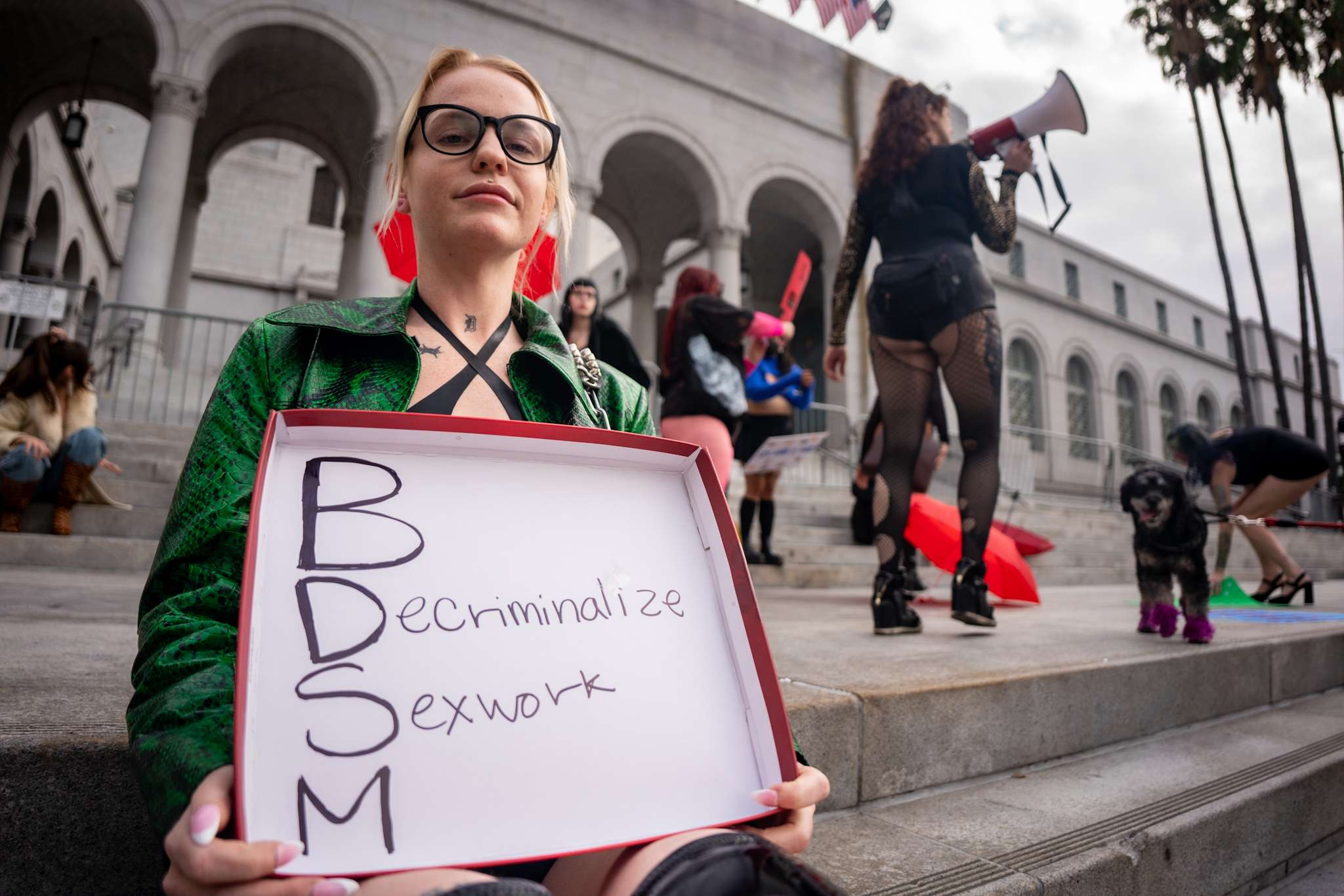Sex workers have been vocal about the negative impact of taking away their ability to communicate online for years now, ever since the federal government started shutting down websites where they advertised. But a recent study published in the journal Social Sciences reinforces this message.
Researcher Melissa Ditmore and her team conducted a national survey of 440 sex workers, exploring how online platforms affected their working conditions and how laws like FOSTA impacted their lives. The study found that platform policies often restrict sex workers’ access, limiting their ability to earn income and compromising their safety.
78 Percent of Sex Workers Experienced Deplatforming
The study revealed that the most commonly used online platforms by sex workers included payment processing platforms, camming/phone sex/sexting/video call platforms, chatting platforms, and social media. However, a significant 78.2% of sex workers surveyed had lost access to a platform, with social media, dating apps, payment processors, and advertising platforms being the most common ones.
Deplatforming had negative effects on these individuals, with 88.4% experiencing a decline in income. Many reported difficulties in recovering their money from platforms, leading to financial hardships. The study also highlighted that platform policies impacted legal sex work activities, not just illegal prostitution.
The consequences of deplatforming extended beyond income loss, affecting client relationships, online activity anxiety, feelings of safety, and reluctance to speak out. Some sex workers even faced unstable housing, difficulty finding work, and increased interactions with law enforcement or exploitative individuals.
Challenging the Pro-FOSTA Narrative
These findings contradict the narrative that platforms advertising sex work lead to exploitation and abuse. The study suggests that increased visibility online does not necessarily equate to increased prevalence of negative outcomes. Sex workers have consistently shared a different perspective from the mainstream narrative.
They claim that online advertising empowers them by enabling direct communication with customers without the need for intermediaries, reducing the risk of exploitation by “pimps” and “traffickers” and making it easier to identify problematic clients. Additionally, the use of online ads and chats creates a digital trail that can be utilized by law enforcement in case of abuse.
While acknowledging the limitations in sampling sex workers, Ditmore and her team note that their findings align with previous research on the topic. The crackdown on ad platforms used by sex workers has elicited concerns from both sex workers and law enforcement about the negative impact on their work. This feedback is supported by various anecdotes, government reports, and research conducted in collaboration with sex workers.
Studies conducted by organizations like Call Off Your Old Tired Ethics Rhode Island (COYOTE RI) have highlighted the adverse effects of legislation like FOSTA, which forced many sex workers into riskier street-based work due to the loss of online advertising. The restrictions imposed by FOSTA have also been linked to an increase in sex trafficking and other dangerous work conditions for sex workers.
Research has shown that platforms like Craigslist’s Erotic Services ads have had a positive impact on public safety by reducing female homicide and rape rates in cities where they were introduced.
In recent news, Backpage co-founder Michael Lacey was sentenced to five years in federal prison and fined $3 million. Despite facing a potential 20-year sentence, Lacey was convicted of financial crimes without evidence of illegal activity. The decision has sparked debate over the disproportionate punishment for victimless crimes.
The article also covers a range of other sex and tech-related news, including legal battles over Section 230, Democratic policies impacting sex workers, and First Amendment issues related to abortion reversal treatments. The ongoing debate over online censorship, age verification, and government surveillance in various contexts is also discussed.
The piece concludes with an image from the AVN Awards in Las Vegas, showcasing the intersection of technology, free speech, and adult entertainment industry. Please rewrite this sentence.
Source link





